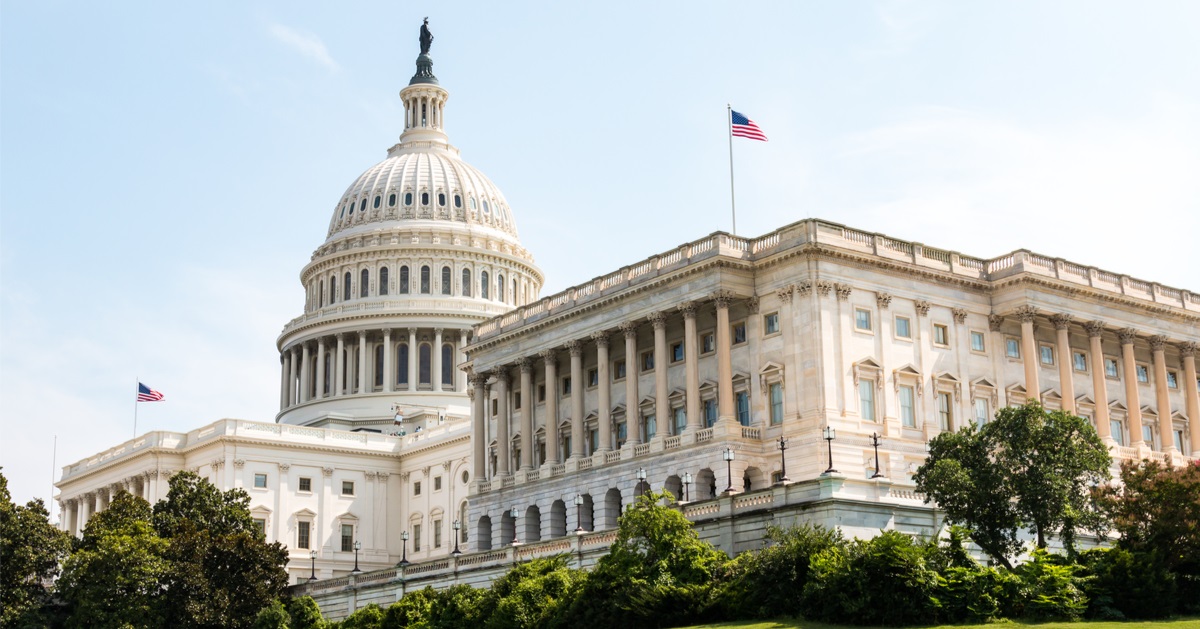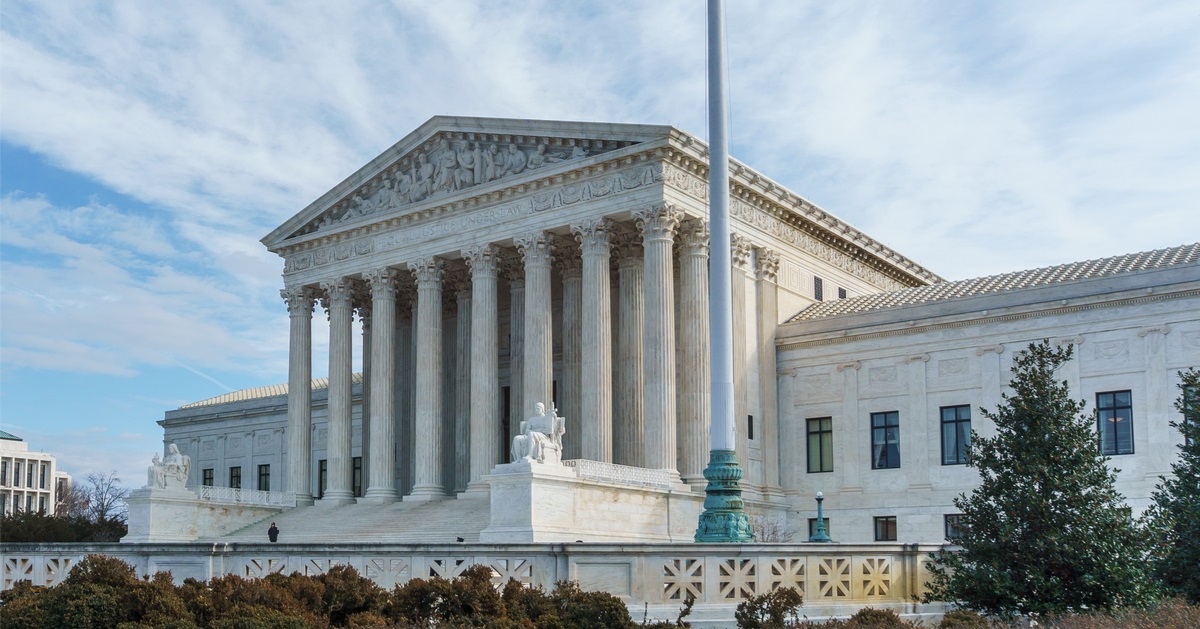Trump administration asks Supreme Court to uphold firing of Fed governor
This week saw the U.S. Court of Appeals for the District of Columbia Circuit uphold a district judge's block on President Donald Trump's decision to fire Federal Reserve Governor Lisa Cook.
In a bombshell move, Trump's administration is now asking the Supreme Court to sign off on Cook's removal.
Cook faces mortgage fraud claims
According to Breitbart, an emergency application for an administrative stay was filed with Chief Justice John Roberts on Thursday.
Breitbart reported last month that Trump sent Cook a letter on Aug. 24 in which he explained that he was firing the Federal Reserve governor for cause.
That letter was sent after Federal Housing Finance Agency head Bill Pulte maintained that Cook had committed mortgage fraud by listing both a home in Michigan along with a condo in Atlanta as her primary residence.
The Hill noted that Pulte produced photographs that allegedly showed Cook's signature on financing documents, which referenced the two properties in question.
Trump stands firm on firing
"The Federal Reserve has tremendous responsibility for setting interest rates and regulating reserve and member banks," Trump wrote in his correspondence.
🚨 President Donald J. Trump relieves Federal Reserve Governor Lisa Cook of her position pic.twitter.com/tJV8m4mlHW
— Rapid Response 47 (@RapidResponse47) August 26, 2025
"The American people must be able to have full confidence in the honesty of the members entrusted with setting policy and overseeing the Federal Reserve," the president declared.
"In light of your deceitful and potentially criminal conduct in a financial matter, they cannot and I do not have such confidence in your integrity," Trump went on to add.
Solicitor general weighs in
Solicitor General D. John Sauer argued in his application to Roberts that courts have the authority to verify whether a president has identified a valid cause for the removal of an appointee to an independent entity.
However, Sauer insisted that if Congress has empowered the president to remove such a figure for "cause" without naming any specific grounds, then courts should not judge whether a cited cause is sufficient.
"Due process is a flexible concept; whatever process is due to principal officers was provided here," the solicitor general stated.
He went on to allege that the U.S. Court of Appeals for the District of Columbia Circuit is attempting to engage in the "judicial micromanagement" of the president's actions.






